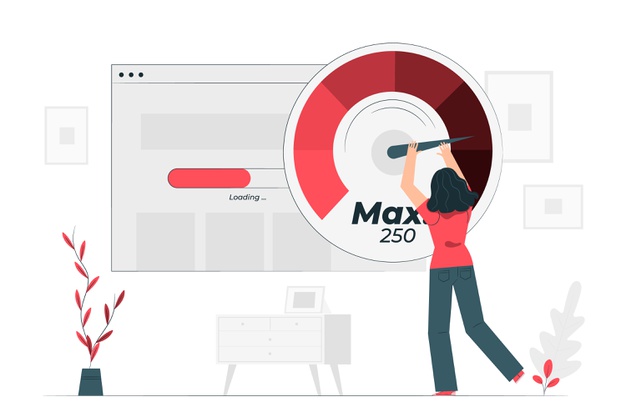
How to check if the website is secure for making payments?
- January 9, 2017
- 0
Now is the time when everyone remains online most of the times and prefers paying through this very medium, since it is a better option as per the convenience and that saves the time as well. But nobody knows how terrible it would be if their private and sensitive information is circulated online without their knowledge and consent, despite of the rise of cyber attacks being heard every year. There is a need to highlight certain points so that one could decide whether a particular site is safe or not.
1. The site has a physical address and/or contact number: This is a positive sign that the site is trustworthy if it shares its physical address or phone number or both. The customers may also call at the mentioned contact number to verify that the number isn’t fake. There are also other apps like Truecaller through which the subscriber’s information could be taken and hence authenticity could be checked.
2. There are return and privacy policy statements: Every reputed brand keeps its Terms and Conditions and allows the user to proceed for certain tasks only when the checkbox of “I Agree” is checked. The return policy explains a number of probable cases in which the consumers are given the right to return the delivered product(s) back. Privacy policy illustrates how the company safeguards its own as well as its users private data, once it is collected.
3. Prices and other offers that are too low: Everyone looks for the best deals and offers and everyone pretty much like the bargain as well. Too low price and extra-ordinary deals and discounts are a matter of suspecting the genuineness of the firm, no matter how extremely convincing it sounds.
4. Online reviews about the company by other end users: There are higher chances of negative reviews if a company is a fraud. Be careful about reading the reviews on some third party sites since the company’s employees write the reviews as well to balance the negativity. To understand the fake and genuine reviews, understanding the text language is the only key.
For instance, if a cosmetic cream is launched by a particular brand, the employees wouldn’t write their whole experience in detail. They will simply prefer writing statements like “wonderful product”, “extremely satisfied”, “no side effects”, etc. The genuine consumer would write something like “it took 7 days in getting the product, the quality is OK. Previously it appears as if I have applied a foundation but later it seems normal and natural”, or something like “I did not like the product, it does not suit my oily skin, though it has written that it is suitable for all skin types”.
The fake testimonials sometimes seem like copied from the same previously written statement, over and over again with different user profiles, although the usernames do not have any display picture or any other identity sort of thing.
5. No bulk of spam or phishing emails: The genuine company would never send bulk of emails to some random users. It sends emails only to those who have created their account or subscribed, and that too after a certain time period, not every single day in bulk. The reputed company’s emails contain just a few newsletters, festival offers, special discounts, buy 1 get 1 free, etc. kind of stuffs.
Phishing is a technique in which the fraud entities try to mimic the reputed brand and ask the consumers to send their private Credit card details. The customers too get convinced in doing such things because those companies copy the original company’s logo and write very formal statements with no spelling or grammar errors. It would be like –
Dear Customer,
Your bank account is at greater risk of getting hacked. To protect it in a more secure way, please send the following details to us.
Bank account number:
IFSC Code:
Security PIN/Password:
Regards,
XYZ Company
These types of statements have already fooled thousands of customers and such kinds of emails haven’t yet stopped. It is the awareness that counts.
6. No pop-up Ads: There must not be any pop-up advertisements while you visit a site. Generally, these Ads do not redirect anyone to the genuine webpage, but some third party page without our own consent. It is possible that the company might be genuine but it has failed to take any effective measures for the security, resulting into various threats. Either way you are screwed if you trust such a site for making a payment.
7. The URL contains https: The ‘s’ in https is there for security and that is an earned certificate, which practically isn’t issued to literally anyone. One must pay attention to this while making an online payment. Also notice a closed padlock at the right corner of the screen. If anything is missing, do NOT proceed for the payment.
Sometimes the customer is not sure whether he should go for trusting the site, despite of going through all the important points. In that case, it is best to opt for the ‘Cash on Delivery’, so that he/she could judge later the overall experience.
Though, all the signs must be given preference, the last point has to be considered as a sure sign of the company’s genuineness. So, go ahead and do your research based on the points I have mentioned, plus your own research and you will be one of the happy customers.






